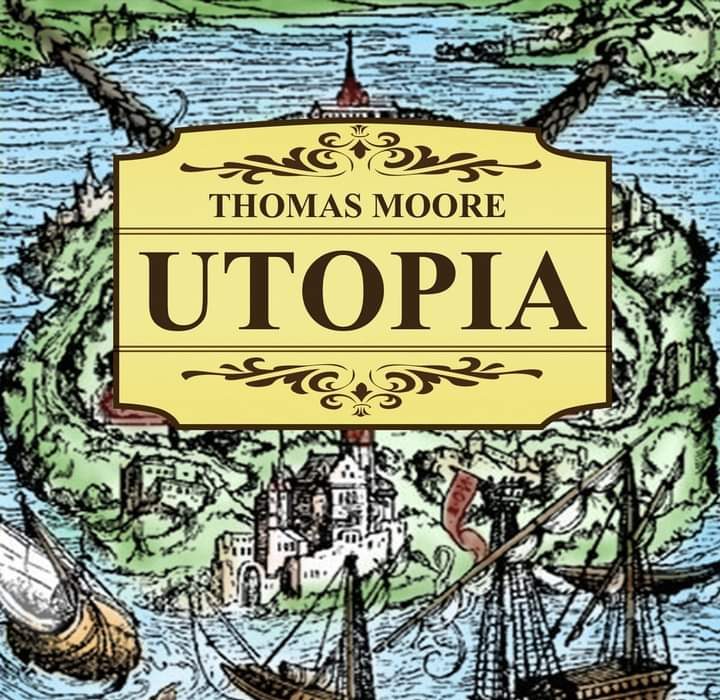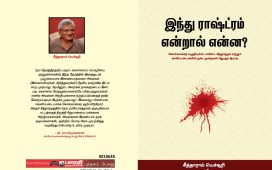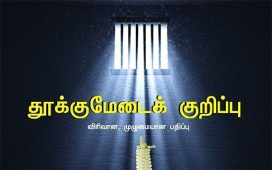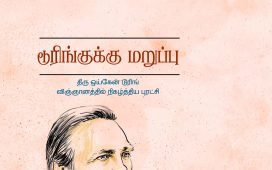“Utopia” is a work of fiction and socio-political satire by Thomas More, written in Latin and published in 1516. The book is a frame narrative primarily depicting a fictional island society and its religious, social, and political customs. Many aspects of More’s description of Utopia are reminiscent of life in monasteries. The title “De optimo rei publicae statu deque nova insula Utopia” literally translates to “Of a republic’s best state and of the new island Utopia”.
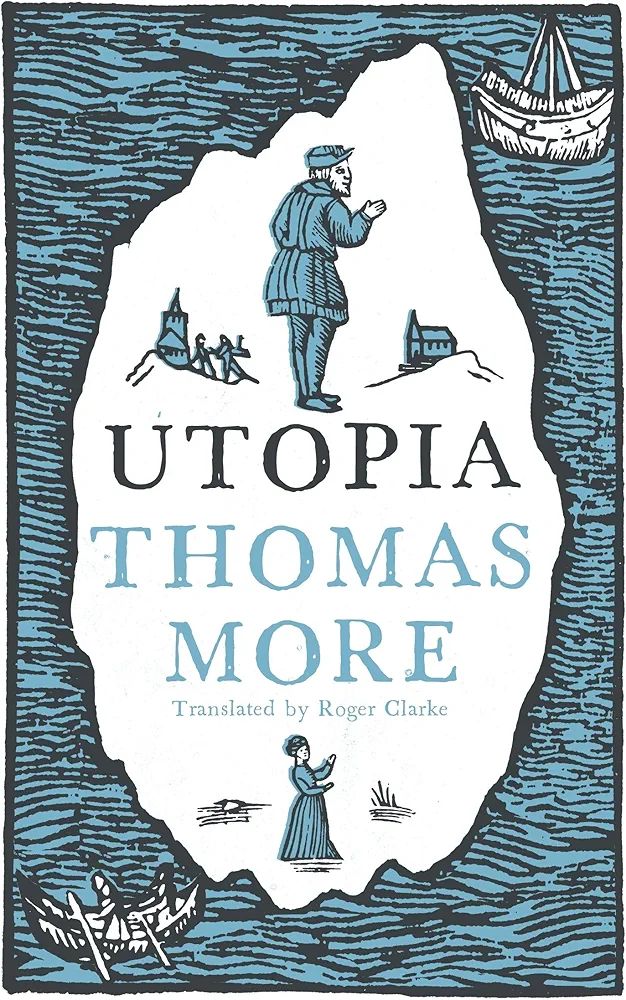
Thomas More, venerated by Catholics as Saint Thomas More, was an English lawyer, social philosopher, author, statesman, and noted Renaissance humanist. He was a councillor to Henry VIII and also served as Lord High Chancellor of England from October 1529 to 16 May 1532. More opposed the Protestant Reformation, in particular the theology of Martin Luther and William Tyndale. “Utopia” is a satire about tumultuous English politics published in 1516 and was greatly influenced by Plato’s “The Republic”.
The society depicted in “Utopia” differs from the European society that Thomas More was living in at the time, one rife with intrigue, corruption, and mired by scandal. More sought to create a different place altogether on the page—a world free of the hierarchies that ultimately cost the author his life.
“Utopia” has been a significant work in the exploration of utopian worlds and has influenced the genre of utopian fiction. It remains a thought-provoking and influential work that continues to spark discussions about its themes and its relevance to contemporary society.
புத்தகத்தை ஆங்கிலத்தில் படிக்க
https://www.marxists.org/reference/archive/more/works/utopia/index.html


